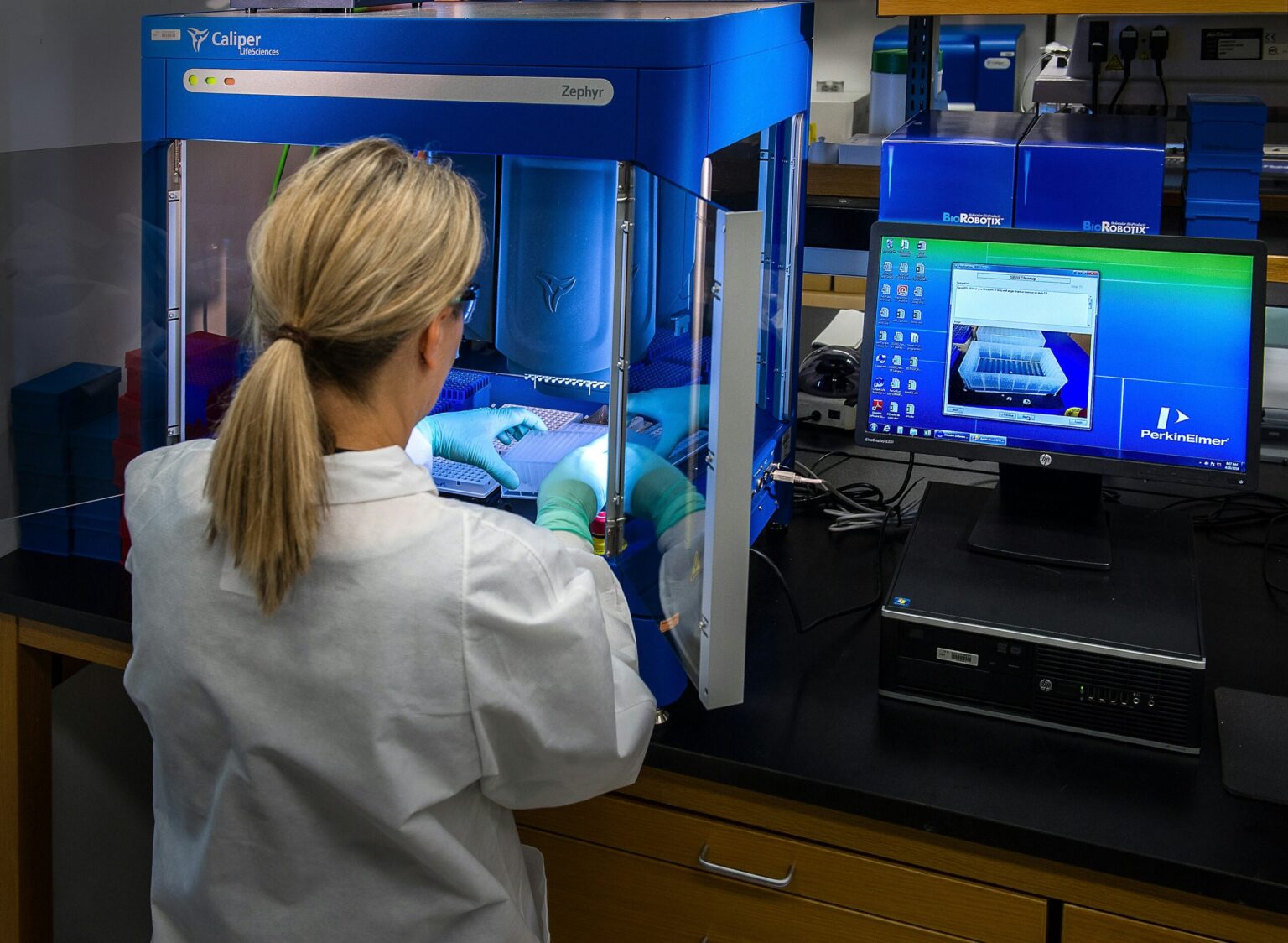Foresight is an advanced artificial intelligence tool, designed and developed for improving the healthcare system for patients. It uses a deep learning approach to analyse both structured and unstructured data from electronic health records.
The newly developed AI tool is trained on information from NHS electronic records, so it is a uniquely designed AI that predicts the health trajectory of patients.
As Zeljko Kraljevic, a researcher at King’s College London, puts it, “Foresight can achieve high levels of precision in predicting health trajectories of patients,” a testament to its utility in the medical field.
The value of Foresight lies in its ability to foresee medical events, such as disorders, symptoms, medications, and procedures. Its functionality in identifying patterns within electronic health records is useful in assisting clinicians in making informed decisions and monitoring patient health more effectively.
For instance, when tested, Foresight successfully predicted the next possible disorder in a patient’s timeline with accuracy rates of 68%, 76%, and 88% across different data sets.
How Does Foresight Enhance Cancer Surveillance?
Foresight’s impact on cancer treatment is one that will offer great results in the future. Its ability to detect minimal residual disease, or MRD, means clinicians can identify cancer relapses earlier than ever before—up to 200 days sooner than traditional methods allow.
This timing is critical as early detection can dramatically influence treatment effectiveness and patient survival rates.
Listed benefits include:
- Early detection of relapses in B-cell malignancies, lung cancer, and breast cancer.
- Detection of circulating tumor DNA (abbreviated as ctDNA) levels below 1 part per million, a sensitivity rate unprecedented in current medical practices.
This completely changes the way that healthcare professionals approach cancer treatment, moving towards more personalised and timely interventions.
What Does AI In Healthcare Look Like From Here?
Professor Richard Dobson expresses, “It is an exciting time for AI in healthcare,” as a reflection towards the shared optimism many experts feel about the future of AI-driven solutions.
The key to maximising the benefits of AI tools like Foresight lies in the collection and analysis of large datasets, which can improve prediction accuracy and allow for a personalised approach to healthcare.
More to come with the expansion of AI tools in healthcare promising to completely change how clinical decision-making, research, and patient monitoring is being done currently.
The accuracy and efficiency of these tools continue to improve with more data, and their ability to scale to different patient populations and conditions without major modifications is particularly impressive.
This adaptability means that with more hospitals and healthcare systems adopting AI tools like Foresight, the potential to improve patient outcomes and streamline healthcare processes increases quite a bit. This is an exciting time, indeed.
How Else Is AI Helping With Healthcare?
This development speaks to quite a few other startups and companies who are working to improve the medical healthcare system in the country, and globally. Here are other innovative and important companies in the UK:
Deeper Insights
Deeper Insights, a company based in the UK, uses artificial intelligence to transform healthcare. They support the pharmaceutical industry and new health startups by making the journey from collecting data to obtaining useful insights quicker, leading to better outcomes for patients and streamlining the work of healthcare professionals.
Their AI technology takes over manual tasks such as the analysis of medical images and clinical data, reducing time and cost. This method helps reveal new patterns in medical data, assists in the early detection of illnesses, and supports doctors during live diagnoses.
Deeper Insights offers a range of services designed to solve various healthcare problems:
- Building health insurance customer and risk profiling through Natural Language Processing and Machine Learning.
- Accelerating the processing of medical images and clinical trial lab data.
- Delivering personalized healthcare solutions by using AI models based on large volumes of historical patient data.
Red Robin
Positioned as a leading solution in AI-assisted triage, Red Robin is crafted to revamp the challenging conditions in healthcare settings caused by shrinking budgets and insufficient staffing.
The platform takes charge of automating patient history documentation, clinical image review, and delivering initial diagnoses with urgency indicators.
This approach makes sure that patients are efficiently allocated to the right healthcare service, which then improves both the operational efficiency and overall satisfaction among healthcare practitioners and patients.
Key features of Red Robin include:
AI-enabled Triage: Automating the triage process to manage patients safely and free up healthcare teams to focus on those who need them most.
Patient-Centric Care: Through an app or desktop portal, patients can input symptoms, answer questions, and receive immediate guidance on the urgency of their situation.
Supporting Clinicians: Provides healthcare professionals with assessed urgency, differential diagnoses, and a comprehensive patient history, aiding in informed decision-making.
Unique Clinical Feedback Loop: Continually improves based on real-world cases and clinician feedback, ensuring precision and accuracy over time.
Red Robin is recognised for its impactful AI-enabled triage, featuring a unique clinical feedback loop that enhances its performance. It stands as a registered medical device, adhering to stringent regulatory requirements, which instills confidence in its safety and effectiveness for both healthcare providers and patients.




